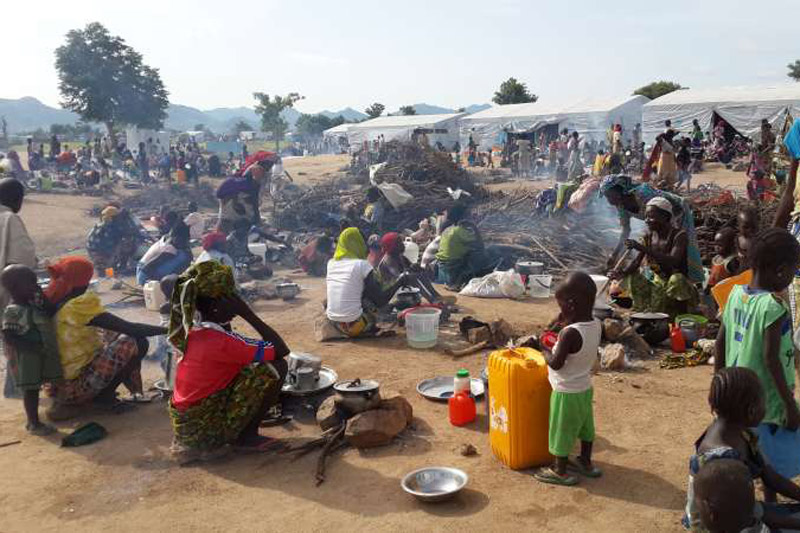The CBN has pegged the buying rate of dollars for invisible such as school fees, medical bills and travelling allowance, fixing it at N360 to the dollar whilst removing all charges and commissions.
Customers are urged to patronise banks for their foreign exchange demands.
Speaking at the end of the first Bankers Committee meeting for the year yesterday, the Managing Director and Chief Executive of FSDH Merchant Bank, Mrs. Hamda Amber, said customers would get a better rate than what was obtainable at the Bureau de Change and parallel market.
The CBN sells dollars to BDC operators at N360 to the dollar and expects them to sell at between N362 and N363 while it sells to banks at N357 and expects them to sell at N360.
However, banks had been charging commissions on forex bought by customers for invisible.
Read also: Kaduna refinery and politics of its shutting down
The Bankers Committee which comprises of banking industry regulators and chief executives of banks, yesterday scrapped the commissions being charged, calling on customers to report any bank that sells above N360 to the dollar or imposes charges and commissions.
The Bankers Committee also noted that the period of grace for violators of the repatriation of forex is over as the CBN will commence the sanctioning of defaulters.
The CBN had last year October said it would begin to sanction exporters who fail to repatriate their proceeds through the banking system saying they would be barred from accessing financial services in the country.
According to the CBN Director, Banking Supervision, Ahmed Abdullahi, the apex bank wanted to give ample time to warn defaulters before enforcing the strict sanction.
He said sanctioning would begin this month, February 2018.
Meanwhile he said the foreign exchange reserves of the country had risen to $42 billion as at Tuesday.
The 30 days moving average of the reserves as contained on the website of the CBN as at February 2, 2018 stands at $40.79 billion.
Abdullahi noted that with the growing optimism in the Nigerian economy as well as stable oil price, the reserves is expected to rise further in coming months.
The Bankers Committee also agreed to play an active role in the Economic Recovery and Growth Plan (ERGP) of the federal government.
The Managing Director and Chief Executive of Stanbic IBTC, Dr. Demola Shogunle noted that banks would play an active role in the three focal areas of power and gas, agricultural and transportation as well as manufacturing and processing identified by the government.
“Bankers committee overwhelmingly decided to support those focus laps as part of our responsibility; we will try to be embedded in the programme. The banking community will participate actively to the extent that it will lead to job creation and additional investment in the economy,” Shogunle stated.











